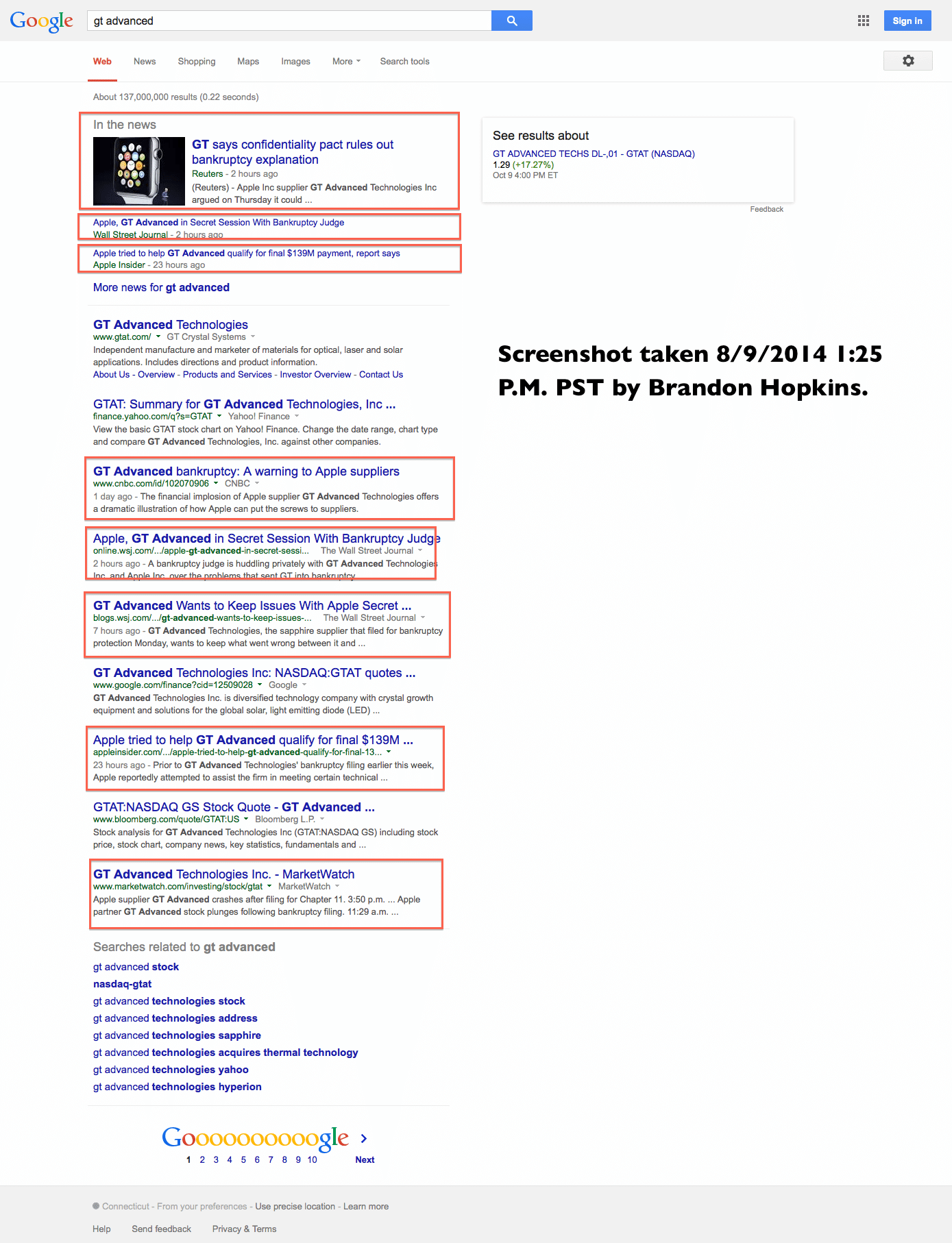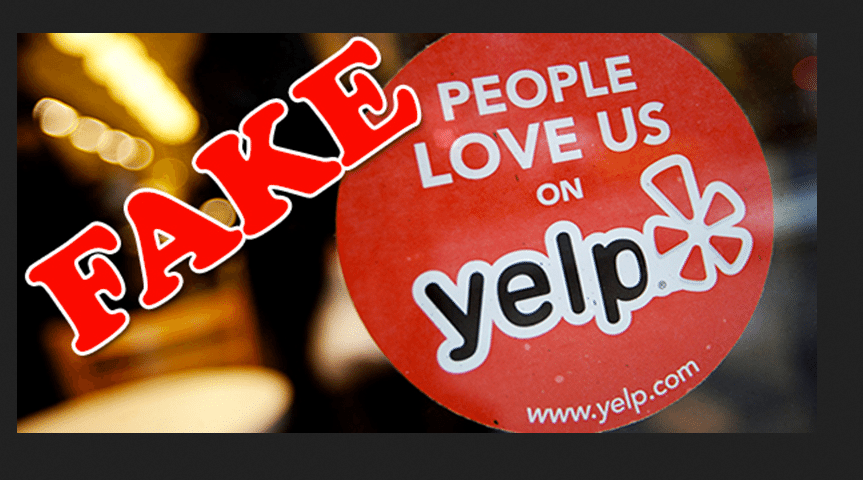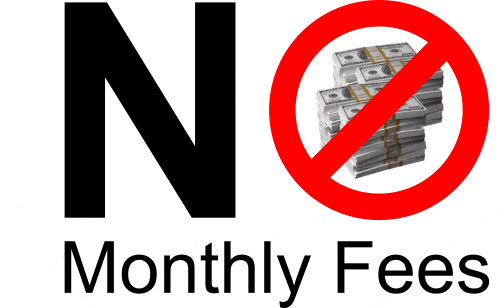I talk to a lot of people about reputation management and many people and businesses have been tricked and misled by expensive reputation management companies. Find out how below:
1. We will place content on your behalf each month.
Content will obviously be created each month of your behalf. This is a given. Every reputation management company should provide this. It’s not a unique selling point. You don’t shop at Walmart because they offer to turn on the air conditioning in the summer, it’s just something they do and what everyone expects. Content is king and you should expect that content will be created!
Positive content creation is the backbone of every reputation management campaign. After all, something needs to be able to suppress the negatives and most people don’t have enough content naturally so content is created.
2. We will show you all of the links we build.
Unless you work for a SEO company, you probably don’t care about each specific link; you care more about the effects of those links. Continuing with the Walmart example, Walmart doesn’t show you which shipping container your dog food arrived in. You don’t care to meet the guy who unpacked the box. You just want to buy dog food to feed your dog.
All good reputation management companies are going to build links. Link building and reputation management go hand in hand. Link building pushes up positive content in the search engines. Beginning with high quality content makes some link building unnecessary for now. We build links because you never know what Google’s algorithm will look like next month. Are your high quality sites still going to be strong or will they need links to push them up. Speaking of formerly good sites, anyone log into MySpace lately?
3. We will post X articles every month.
Quantity is important, but more is not necessarily better. Would you rather have 2000 sq. ft. of living space or would you rather have 20 sheds totaling 2000 sq. ft.? The point is not all content is created equally and the most important thing is the end result. You could have a front page story on the New York Times, but if that story never gets to the NYTimes.com website, your online reputation is still going to be tarnished.
The total number of articles is not important, the metric that you should care about is where do those articles show up. Great articles on page 10 aren’t going to fix up your online reputation issues.
4. We will build example.com and maintain it for you.
Hey! A shiny new domain! That domain costs about $10 and can be set up almost completely automatically costing a grand total of about $20. Add some content and your total cost should be less than $50 total.
The problem with buying and setting up domains has never been the cost, the problem is how long they typically take to begin ranking. At this time (2014) a new domain can take anywhere from 6-18 months to begin ranking on the first page. There are exceptions, but in most cases you can expect to wait at least 12 months for that domain to begin showing up.
By that time, any good reputation management company would be so far done with your campaign that you’ll have forgotten my name.
5. We will add followers to your Twitter and Facebook accounts.
In 99% (rough estimate) of these cases, the followers, likes, and retweets are all from fake accounts. This isn’t always a bad thing, because it can lead people to believe that you’re more important than you are (wait, maybe that is a bad thing…). The real issue this causes is skewed percentage of interactions. If Facebook is tracking the percentage of interactions with your page (which they claim to do) fake likes could be harming your business. A pretty substantial analysis of Facebook likes and engagement can be found here.
Facebook has a baseline for expectations of interactions. Facebook has enough data to know, for example, that 5% of people interact with a business they like on a monthly basis.
If a company has purchased about 9500 followers and has 500 real followers, they have a total of 10,000 followers on Facebook. With a 5% interaction rate, they should have 500 interactions per month, but in reality only 500 people are real meaning they actually get about 25 interactions per month. That leaves a wide and obvious margin telling everyone you bought fake visitors. Unless you’re a well known brand, fake followers aren’t fooling many people and could be hurting your business. Should your reputation management company be engaging in practices that could be furthering the reputation problem?
When considering each of the above issues you’re left wondering what’s the most important metric: numbers of links, total number of press releases or search engine results? If your reputation management company isn’t talking RESULTS, you’ve been tricked!









Leave A Comment